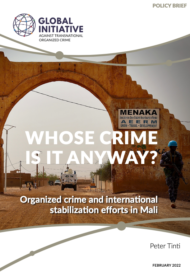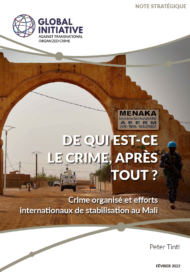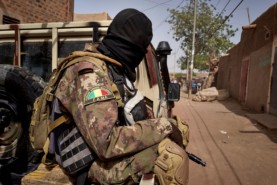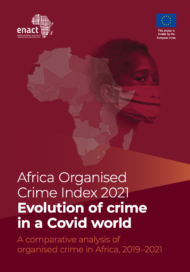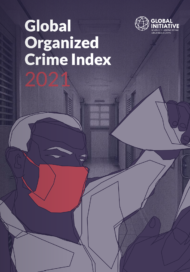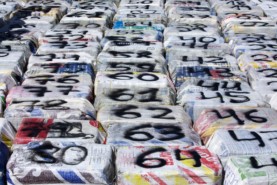Posted on 03 Feb 2022
Since 2013, the Republic of Mali has become a focal point of international efforts to stabilize the Sahel region through a mix of direct military intervention, security assistance, development aid and humanitarian support.
A coup on 18 August 2020, and a subsequent consolidation of power by the ruling junta on 24 May 2021, combined with ongoing insecurity throughout the country’s centre and north, have prompted various international actors to reconsider their stabilization efforts in Mali.
While mandates from international coalitions aim to restore stability, governance and security to the country, a misinterpretation of the relationship between violent extremism and organized crime has led to an emphasis on technical, militarized approaches that do not adequately consider consequential dynamics on the ground.
This paper explains the risks of this approach for undermining stabilization efforts across the region and provides recommendations for: focusing analysis and policy on informal and criminal economies, rather than violent extremism; and adopting more development-focused interventions that better support Malian communities.
